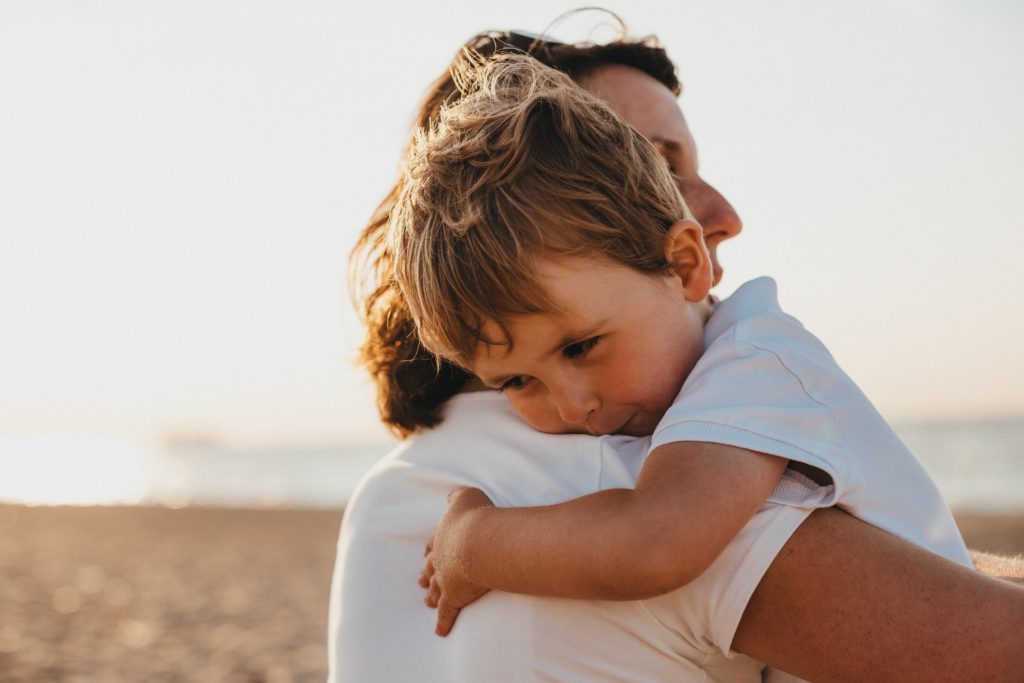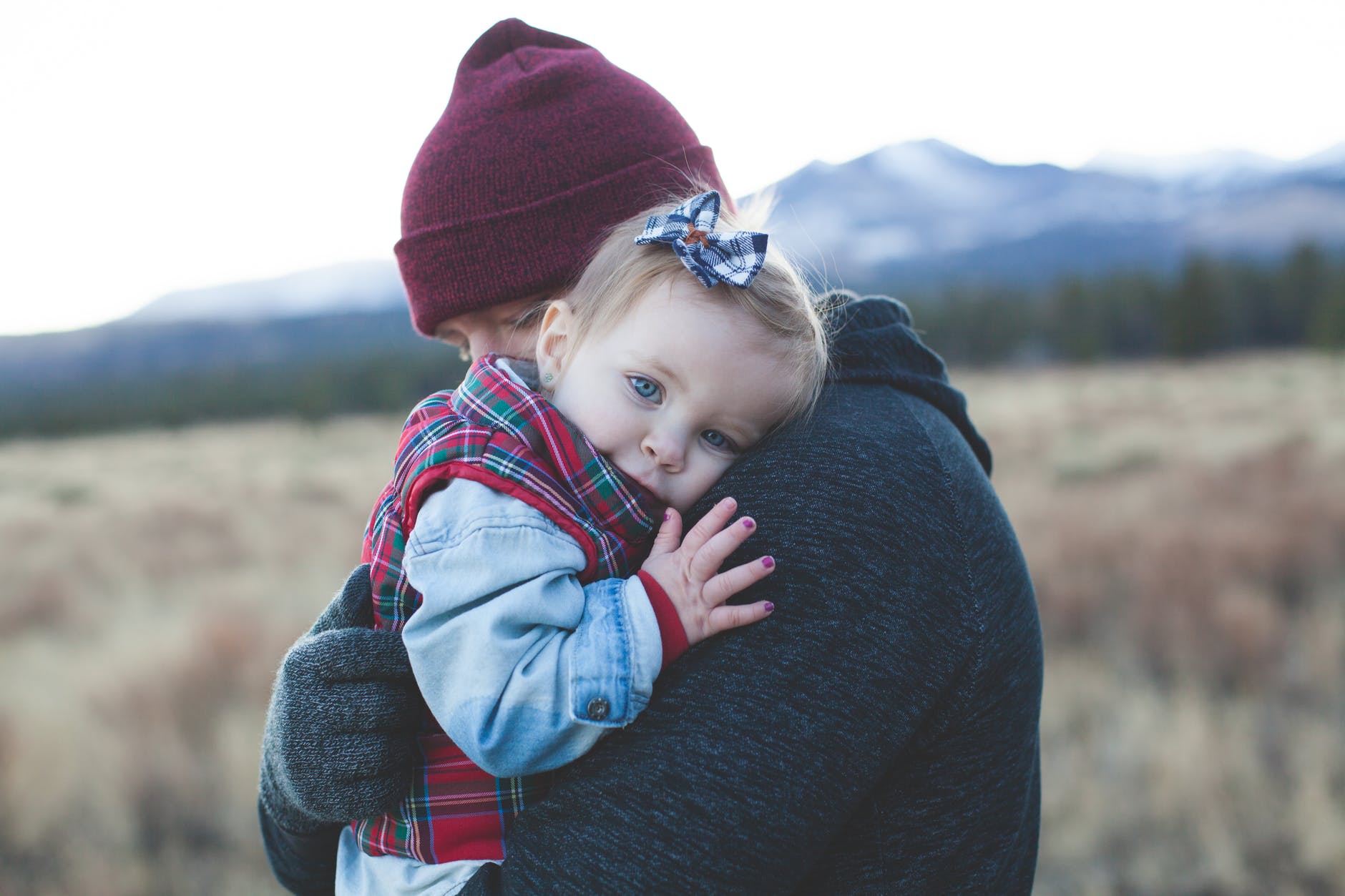As your child grows and matures, they will need to be hugged more often. Hugging your child can provide a sense of security and comfort for them as it communicates love and acceptance. There are many benefits to hugging your child such as: lowering their stress levels, raising their self-esteem, decreasing their anxiety, boosting immunity, improving sleep quality, reducing loneliness… The list goes on!
Hugging is an important part of parenting that should not be overlooked. This article explores the importance of hugging in a parent/child relationship and how it can greatly benefit both parties involved.
What is a Hug Good For?
The physical contact involved in a hug can bond relationships and give parents the opportunity to communicate love. Hugging has been shown to benefit children’s stress levels, especially if they have experienced a traumatic event or have a chronic illness. It also lowers anxiety by decreasing cortisol levels
Hugging can be a way for children to release what is bothering them and bring up things that are on their minds so they don’t build up over time. When something is bothering your child, it is always recommended that you talk with your child about it so it doesn’t get blown out of proportion in their head.

Benefits of Hugging Your Child
There are many benefits to hugging your child. Here is a list of the most important ones:
1. Hugging may boost immunity in children, since it raises levels of oxytocin, also known as “the cuddle hormone,” which improves the body’s ability to fight off infections and reduces inflammation, especially in conditions such as arthritis
2. It can reduce stress and regulate mood. When a child is hugged, their levels of cortisol go down. Cortisol is the stress hormone that can cause anxiety in children
3. Have you ever had trouble sleeping? If so, hugging might help your child with insomnia. When oxytocin is released after being hugged, it has been known to improve sleep quality.
4. Studies have shown that physical contact between parents and their children lowers cortisol levels in the child’s body when experiencing a traumatic event or chronic illness. This allows them to handle situations more effectively and reduces stress on both parties involved.
5. Hugs are a great way to show affection to your child. When hugged during times of stress or sadness, children often feel better because they know someone cares about them despite their circumstances
6. Hugging can help build self-esteem in both you and your child. Children learn how to love themselves by receiving hugs from their parents.
7. Children who receive hugs on a regular basis tend to be less aggressive towards others as hugging reduces aggression hormones in the brain that cause people to act out aggressively
8. It’s good for the heart! Hugs give your heart a break from stress and anxiety, which is generally bad for it. Your heart becomes stronger if given breaks from beating constantly under stress.
9. Hugging can be used as a calming technique for children who have anxiety or sensory processing issues. When a child becomes overwhelmed from sensory overload, hugs can help them decrease their distress. Hugs from someone that they trust can be even more effective in soothing their stress.
10. Your hug will have a lasting impact on the well-being of your child for years to come. It is important to teach your child the value of physical affection because it will influence their ability to communicate with others as they get older. Hugging can also help them grow up feeling confident in themselves and how they relate to other people.
Hugs are beneficial to the well-being of all humans because they provide a sense of security, comfort, love, and care no matter what the situation may be. They strengthen our relationships with others and show that we are supported by them! These feelings create self-esteem which makes us happier overall. Giving hugs often encourages children to give out hugs too!
Why You Should Hug Your Child More Often
Hugs are extremely beneficial to the well-being of all humans. When you feel comforted by someone or something, it creates self-esteem which makes us happier overall
Studies show that hugging helps reduce stress and anxiety improving the quality of sleep for both you and your child
Your hug will have a lasting impact on the well-being of your child for years to come
Hugs can be used as a calming technique for children who have anxiety or sensory processing issues
When a child becomes overwhelmed from sensory overload, hugs can help them decrease their distress. Hugs from someone that they trust can be even more effective
Signs that You Should Hug Your Child More Often
You should give your child more hugs if they are acting less affectionate or seem unhappy. If your child is feeling upset about something, try giving them a hug. If it doesn’t help, talk to them about what might be bothering them.
The signs of anxiety in children include trembling, shaking, sweating excessively and changes in appetite. These symptoms may also indicate depression in teens
Some signs that your child might be depressed are issues sleeping at night, not enjoying things they used to enjoy, and not being able to concentrate on anything. Other common signs of depression can include changes in appetite or the development of frequent illnesses.
Conclusion
The benefits of hugging your child are numerous and can be great for both you and them. Hugging releases oxytocin, serotonin, and other “feel good” hormones which help with stress management in children who have been bullied or teased. Hugs also release serotonin to regulate sleep patterns and moods–something that is beneficial for everyone! If you want to show your love without saying anything at all, a hug is the best way to go about it.
Your hugs will have an impact on their well-being years down the line so make sure they’re worth something when you give one out!

